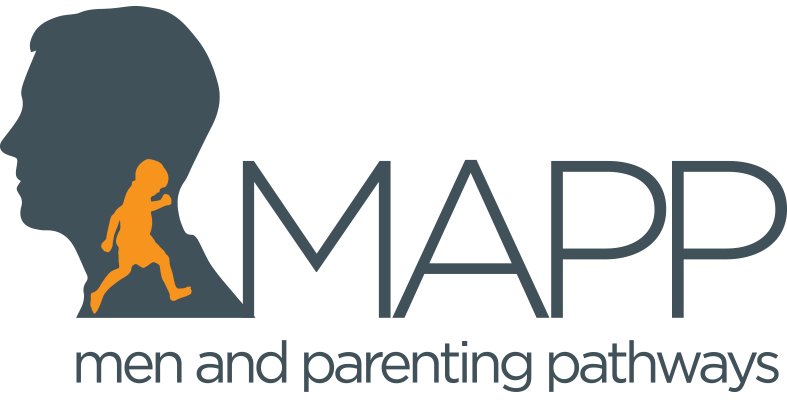This Guide is for people and organisations in the community and health services sector, as well as in the multicultural and settlement sector, who engage with new and expectant fathers from migrant and refugee backgrounds as part of their work.
The Guide provides advice and practical tips on how to engage with new and expectant fathers from migrant and refugee backgrounds, and to better support them in understanding their role and expectations of parenting in Australia while maintaining their cultural values. Service providers will be better able to support the fathers in going through this significant change in their lives.
The Guide is accompanied by a mobile app for new and expectant fathers from migrant and refugee backgrounds with information on the first five years of fatherhood and where they can find support.
Support for Fathers has been talking to dads, families and support services about what dads want from these services, how dads access supports, what’s working well and what’s not working.
The Professionals’ Toolkit is a practical guide for support services working with dads and families with the aim of improving opportunities for dads to access support services and, support service approach to working with dads.
Support for Fathers have compiled a national list of dads programs so support services can find out what’s happening in their area and find inspiration to start something of their own. They have also put together a list of the important frameworks, guidelines and toolkits that might be useful in your programs and practice.
Emerging Minds are the National Workforce Centre for Child Mental Health, and have a range of resources relevant to engaging fathers in practice.
This paper aims to highlight the importance of engaging fathers in early childhood services, and to provide practical tips that practitioners can use to increase their knowledge, skills and confidence in engaging fathers. It is based upon evidence from published research as well as practitioners’ experience in working with fathers.



